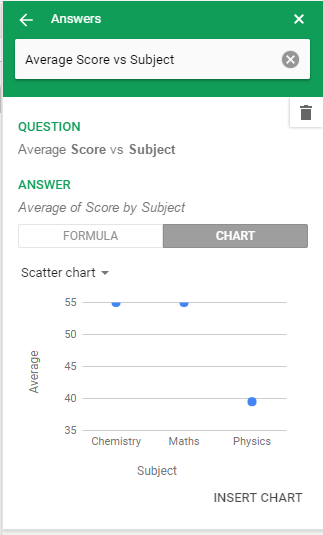

Like other IP rights, trade secrets are subject to the national laws of the country in which they are protected. And the proprietor of the trade secret can get compensation and an injunction in respect of such unlawful acts. However, any unlawful acquisition or misuse of a trade secret either under breach of confidence or theft is actionable. Trade secrets are not exclusive rights like patents, and therefore cannot be enforced against anyone who independently discovers the secret. And unlike other IP rights, trade secrets can protect a much wider range of subject matter and are not limited to a set term of protection. Any commercially valuable and sensitive information – a business strategy, a new product roadmap, or lists of suppliers and customers – can qualify as a trade secret. A generally less well-known form of intellectual property right, for many years trade secrets have been in the shadows, but today they are gaining traction as an effective way to protect certain intellectual assets. Trade secrets are secrets that add value to a business. These companies quickly recognized that the value of these particular intellectual assets lay in their secrecy, and by treating them as trade secrets they could maintain their competitive advantage.

Some of the world’s most famous trade secrets – including the Coca-Cola recipe and Google’s search algorithm – have immense value. Secrets (photo: RyanJLane / iStock / Getty Images Plus). The Coca-Cola recipe is one of the world’s most valuable trade


 0 kommentar(er)
0 kommentar(er)
